China announced safety guidelines for the use of autonomous vehicles in public transport on Tuesday, which is the country's latest move to encourage autonomous driving in the world's largest auto market.
The guidelines, following a regulation issued in November that allows road trials of intelligent connected vehicles, will help pave the way for the commercial use of autonomous driving in China. It also clarifies safety requirements that provide a reference for all parties involved, including the developers and operators, industry observers said.
The guidelines apply to autonomous vehicles for passengers - including taxis - as well as cargo vehicles, said the Ministry of Transport.
Autonomous vehicles must operate within designated areas and pass road traffic safety assessments in accordance with the law.
Autonomous vehicles engaged in urban bus and passenger transportation should also have a driver or safety inspector. Fully autonomous vehicles operated as taxis may use remote safety inspectors, subject to local authorities' approval, and the ratio of remote safety personnel to vehicles shall be at least 1:3.
The exteriors of self-driving vehicles must be marked with eye-catching patterns, text or colors, the ministry said.
"The guidelines are very detailed. They specify in what environments autonomous vehicles will be allowed to operate, whether in mass transit or for personal use," Wang Peng, an associate researcher with the Beijing Academy of Social Sciences, told the Global Times on Tuesday.
"The guidelines are conducive for the safe and sound development of the industry and ensuring the safety of people's lives and property," Wang added.
Many locations in China have accelerated the commercial application of autonomous driving in recent years and vigorously supported the industry's development from a policy perspective.
In November, China said it would conduct a pilot program of market access for intelligent connected vehicles (ICV) and let them run on the roads.
The authorities will choose some ICV models that have automated driving functions and can be mass produced. These models will gain market access and be tested on designated roads, said a circular released by four ministries including the Ministry of Industry and Information Technology and the Ministry of Transport, reported the Xinhua News Agency.
Guidelines were issued in October for highway engineering facilities to support autonomous driving and in July for the standardization of ICVs.
China plans to draw up a system that can support the common functions of combined driving assistance and autonomous driving by 2025. It will introduce standards that will fully support the autonomous driving applications by 2030.
Various cities are supporting autonomous driving. First-tier cities such as Beijing, Shanghai and Guangzhou, capital of South China's Guangdong Province, have achieved quasi-commercial operation of self-driving services.
China has become a global pioneer in drafting regulations for the sector, and it is in a position of relative leadership in technology, facilities and software, Wang noted.
The Toyota Sienna Autono-Maas (S-AM) equipped with Pony.ai's sixth-generation autonomous driving software and hardware, has been approved to provide driverless robotaxi service in the Nansha district of Guangzhou.
Residents can enjoy autonomous driving travel by using PonyPilot+, Pony.ai's mobile travel app. In April 2023, vehicles equipped with Pony.ai's fifth-generation autonomous driving software and hardware received a permit for fully driverless robotaxi service in Guangzhou.
China's tech giant Baidu possesses the world's largest autonomous driving ride-hailing platform, Apollo Go, with cumulative rides of more than 4.1 million so far.
Apollo Go's fully driverless robotaxi fleet has served major cities in China, including Beijing, Wuhan, Chongqing, Shanghai and Shenzhen. Baidu has said that as the use of these services expands, the industry will move closer to profitability.















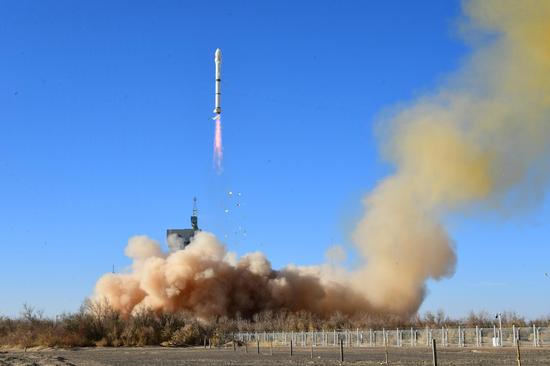


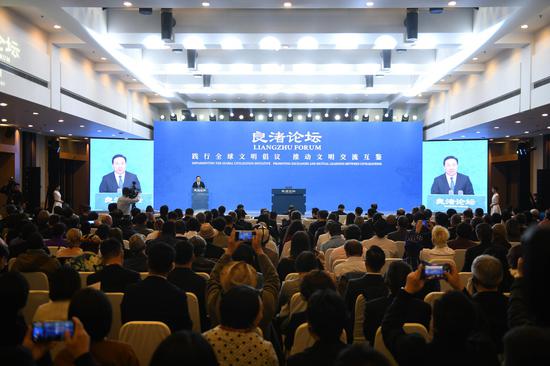













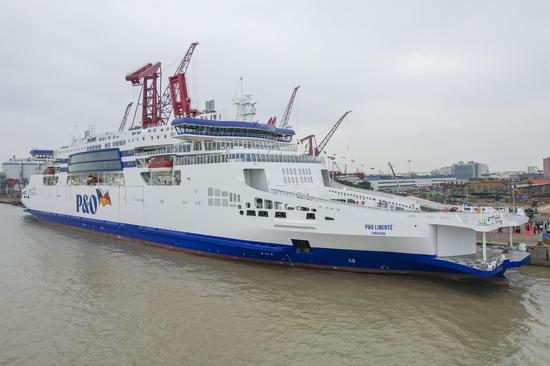



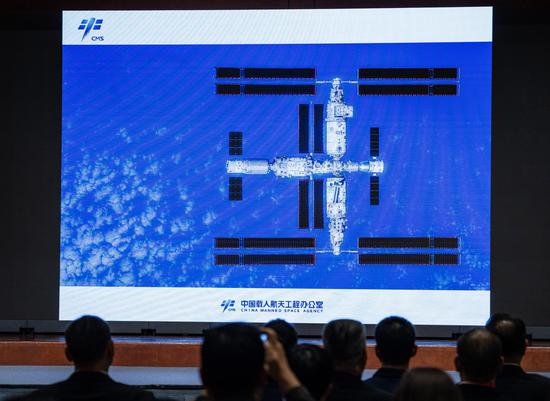
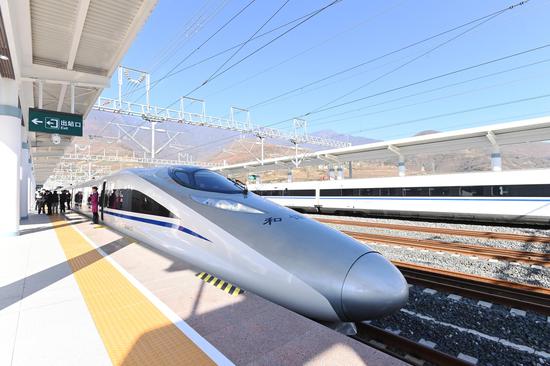
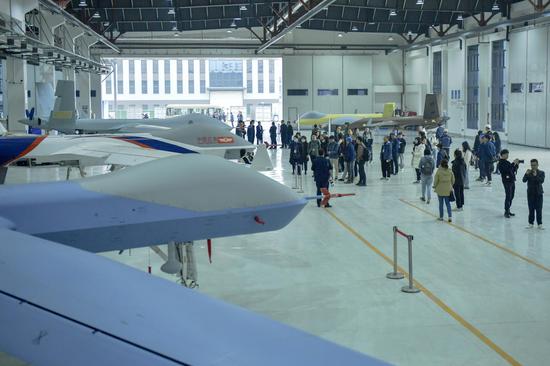




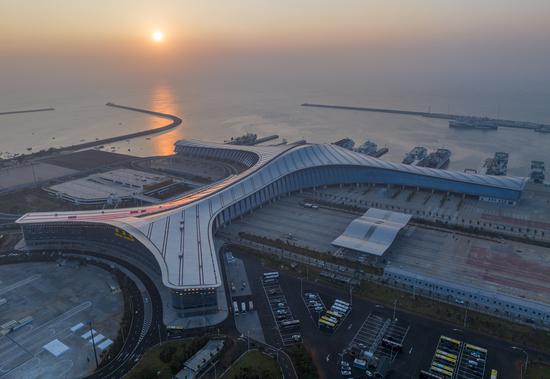






 京公網(wǎng)安備 11010202009201號
京公網(wǎng)安備 11010202009201號